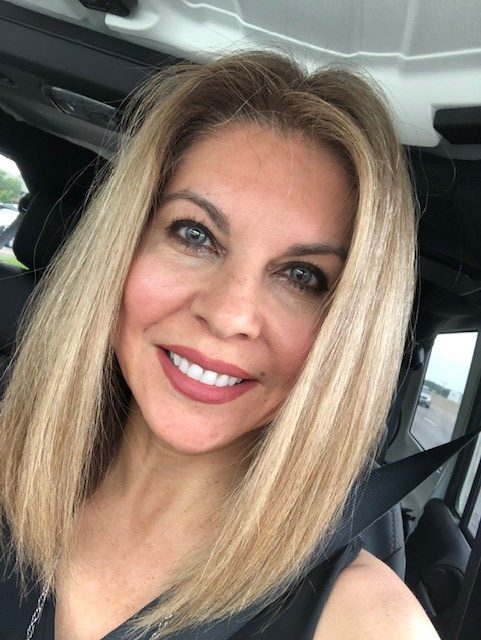As America tries to return to some semblance of our previously scheduled life, many of us are racing to keep appointments, get the kids to school, pick the kids up, get to work, etc. Old feelings of frustration and stress rear themselves. It is easy to get wound up by interceptions in traffic, phone calls, and lines for gas and groceries. I was talking with my niece last week and she relayed an uncomfortable experience she had while shopping with her mother for back-to-school items before their appointed time to check-into her dorm. As they were standing in line to make their purchase a father and son team unapologetically bumped themselves in front of them. Not only was this ungentlemanly and rude, but the father presented a sad role model for his son. Nothing was said by either party and the day went on.
A number of years ago I attended a therapeutic training course. The instructor told a story of how she was recently irritated by feeling trapped behind a terribly slow moving truck. She admitted to inwardly cursing the driver as she built up inner tension. As soon as the road afforded the opportunity, the instructor quickly passed the plodding vehicle. In passing, she did the slow turn-to-look at the driver stare only to realize the driver was transporting an extremely sick miniature pony inside the cab of the truck. The instructor felt immediately convicted and learned a valuable lesson that day. Yes, both of these stories demonstrate a real reason anyone of us might feel frustrated, irritated, and even disrespected. How can you or I feel happy and pleasant about being trapped, bumped, and/or overlooked? Presently, we hear many expressing their feelings of being stuck and disregarded. Some individuals express themselves elegantly, others less so. Now is the time when all of us can practice more patience, kindness, and empathy with ourselves and with others. There are techniques you can begin practicing now during moments like these to better manage your thoughts, emotions, and behaviors.
Core mindfulness is one technique that connects you to your full Christ-crafted humanness. Core mindfulness means intentionally taking stock of your thoughts, feelings, impulses, and sensations. It calls for you to notice what you are seeing, smelling, hearing, and touching. For example, were you anxious or tired before the event? Is your heart racing? What negative thoughts might you contradict or replace? Are you irritated by a sound, a scent, the temperature? You and I can draw upon our senses to calm or soothe ourselves with our breathing, our mindset, and our action. In other words, we can elect to be responsive rather than reactive, thereby diffusing rather than escalating tensions inside and outside of ourselves. For example, rather than cursing the driver of the turtle-paced truck, my instructor might have addressed her thoughts by seeking out an explanation acceptable to her for the driver’s pace. Perhaps, the driver was lost or carrying fragile cargo? We can identify and label the emotions we are feeling to soothe and calm ourselves. For instance, my instructor was anxious to arrive on time for our training, so her heart was racing and she feared she would be late. After identifying her emotions, she could have calmed herself with various breathing techniques and imagine comically telling her story of arriving late as the result of her experience in passing a horse driving a truck. Lotions, music, candles, anything that we find pleasant can improve our moment. We can choose to pay for the coffee or the toll for the person in line behind us. Listen, we are not always going to be able to improve the moment or attitude of another, but we can choose to do it more often than we think. Little changes like these can add up to an overall better day in the end. So, please do get in my way, please.
Until, next week!
Copyright © 2020 Yvette Seltz, used by permission. Visit https://cccc-usa.com/new-index to learn more.

Dr. Marie Yvette Hernández-Seltz is the director of Candescent Counseling, Consulting & Coaching. She holds a PhD in Clinical Psychology and an MS in Industrial/Organizational Psychology. She has spent the past 15 years studying self-esteem, self-confidence, responsibility, and the effects of environment and culture on the individual.

